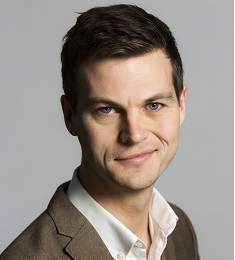How Does Conflict Prevention as Interventionary Practice Affect States?
Intervention is not a decreasing phenomenon. By including conflict prevention as an interventionary practice interventionism is still active, Senior Researcher, Katja Lindskov Jacobsen and Ph.D. Fellow, Troels Gauslå Engell ague.
Conflict Prevention as Interventionism
There is no glaring contrast between UN's conflict prevention and interventionism, Lindskov Jacobsen and Engell argue, and emphasize that conflict prevention on the contrary should be understood as a special sort of interventionism.
Because the UN defines a state through monitoring and observation without the intervened state having a chance of influencing the definition, conflict prevention is an intervening practice. Thus, conflict prevention is often met with resistance and is seen as "early aggression" from the intervened state's point of view.
Resistance is not the only effect. Through a qualitative analysis of the UN conflict prevention in Burundi 2015-17, Lindskov Jacobsen and Engell show how conflict prevention affects state behaviour and the conduct of violence. In Burundi the character of violence shifted from visible public form to a more individualized and non-public form.
The article is published in International Affairs. Read the whole article here.
Katja Lindskov Jacobsen

Doctor and Senior Researcher at the Centre for Military Studies.
Troels Gauslå Engell

Ph.D. Fellow at Centre for Military Studies
